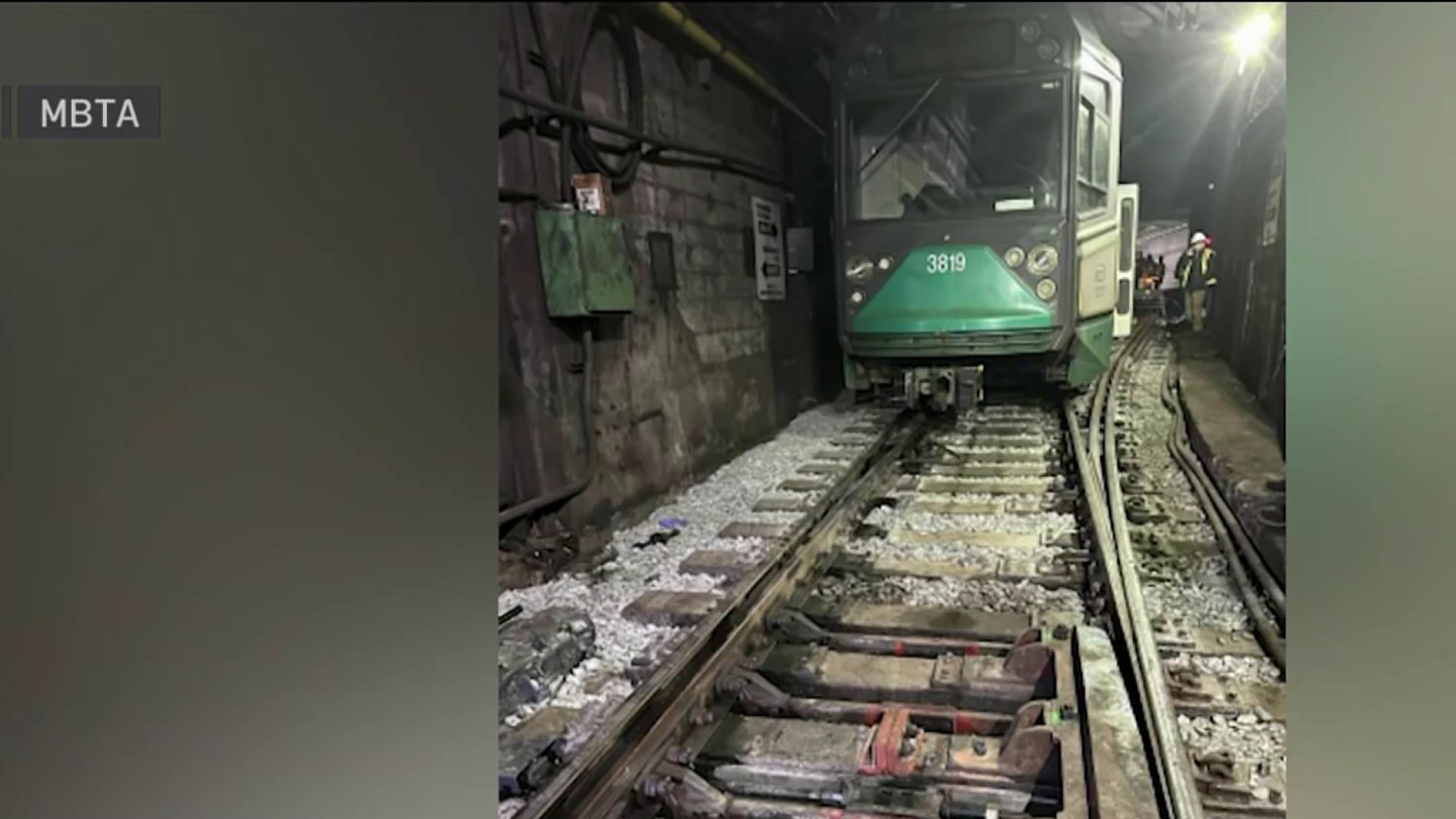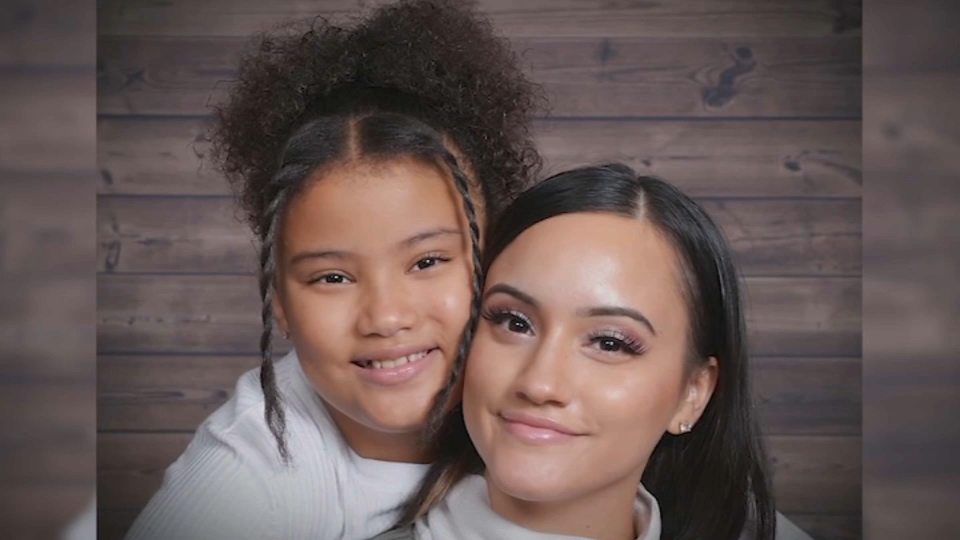Another town is working to tame tensions among its residents over pickleball, the popular sport that has gained a reputation for being too loud.
Many pickleball courts are outdoors and near people’s homes, causing residents to take to their elected officials to complain about the noise.
Braintree, Massachusetts, is among those communities. And in two weeks' time when the courts reopen, the back and forth between pickleball players and residents is expected to pick up again.
Mike Megley is not looking forward to when pickleball players return from the winter break, after what he experienced last year.
Get New England news, weather forecasts and entertainment stories to your inbox. Sign up for NECN newsletters.
“My blood pressure went up. I heard when I heard the noise. It’s just irritating,” he said.
He lives on Wynot Road, right across eight courts that were upgraded by the town in summer of 2022 attracting many more pickleball players who tend to make full use of the space.
“[From] 7 o’clock in the morning, except on Sundays at 9 o’clock, but until the last bit of sunlight,” he noted.
Megley and his neighbors said they hear the back and forth of paddles hitting the hollow balls constantly from April through the end of November.
“If you ever live near any place where they’re going to put one in tell them no… they don’t belong in neighborhoods,” said Maggie Trudel, who lives at the end of Wynot Road.
It has also been too much racket for residents in other cities and towns, including Wellesley, Falmouth, and Needham.
“You can absolutely hear it,” admitted Braintree Mayor Erin Joyce.
Joyce lives about 500 feet from the courts and partakes in the sport.
“But I can absolutely understand how residents living closer and having a different experience,” she said.
And after several complaints, the town allocated $22,000 towards sound-dampening panels as suggested by the Braintree Pickleball Players, a group that formed 10 years ago and has grown to nearly 600 members.
“We’re trying to be proactive addressing the situation once we became aware of it,” said Janice Barris, one of the original members.
Barris noted that a company, Vibrasciences, has been chosen to install the sound-reducing panels, which will cover one side of the 8-foot fence that surrounds the pickleball courts.
“I don’t think I’d want to live 60 feet from a pickleball court either,” admitted Janice Walsh, another one of the original group members, who takes great joy from playing the sport.
“It makes me still think I’m young,” she said of the sport.
The groups realizes that to keep what they have going, they must do what’s necessary to keep the neighbors happy.
“We all want to live peacefully together and we’re willing to, we’re looking into quieter paddles and quieter balls,” said Walsh.
“We’re not looking for total peace and quiet, we expect noise at a park. There’s baseball, there’s football, there’s basketball, but they don’t play 13 hours a day,” pointed Megley. “I have two options: either wear earplugs all the time or sell my home, and I don’t want to move.”
The company that manufactures the panels, Sound Seal, told NBC 10 Boston the barriers can reduce the noise by 10-to-12 decibels, or about 50% of noise perceived by a person.
If that doesn’t do the job, Joyce said the town will re-assess the situation. But for now, the courts and pickleball are here to stay.




